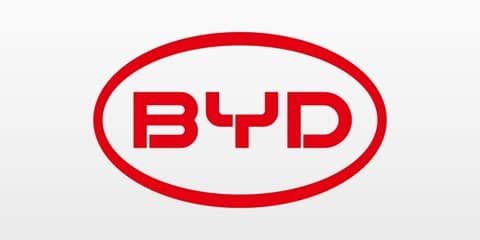Uber has entered into an agreement with Chinese electric vehicle manufacturer BYD, aiming to introduce 100,000 BYD-made EV’s into its global fleet. This multi-year partnership is set to roll out first in Latin America and Europe, followed by expansions into New Zealand, Australia, the Middle East and Canada.
As part of this collaboration, Uber and BYD will offer various incentives to encourage drivers to switch to EV’s. These incentives include discounts on charging, maintenance, financing, and leasing, aimed at reducing the overall cost of EV ownership for Uber drivers. The initiative is designed to accelerate the adoption of electric vehicles on Uber’s platform worldwide, offering millions of riders a more environmentally friendly transportation option. The partnership also includes plans to integrate BYD’s self-driving technologies.
This move comes amid a global slowdown in EV sales and increasing import tariffs on Chinese-made vehicles in key markets like the United States and the European Union. These tariffs have prompted Chinese automakers, including BYD, to expand production capabilities outside of China.
In response to these challenges, BYD has been making strategic investments in manufacturing facilities abroad. Recently, the company announced a $1 billion investment to establish a new facility in Turkey, with a projected annual production capacity of 150,000 vehicles and the creation of around 5,000 jobs by the end of 2026. Additionally, BYD opened its first EV plant in Southeast Asia, located in Thailand, with a similar production capacity and the potential to generate 10,000 jobs.
BYD is also planning to build its first European passenger car factory in Hungary, expected to create thousands of jobs, and has announced intentions to set up a manufacturing plant in Mexico. These expansions reflect BYD’s strategy to bolster its global presence in response to the growing demand for electric vehicles.
BYD, supported by US investor Warren Buffett, is currently the world’s second-largest EV manufacturer, following Tesla. This new partnership with Uber marks a significant step in the company’s efforts to expand its influence and meet the increasing global demand for sustainable transportation solutions.



